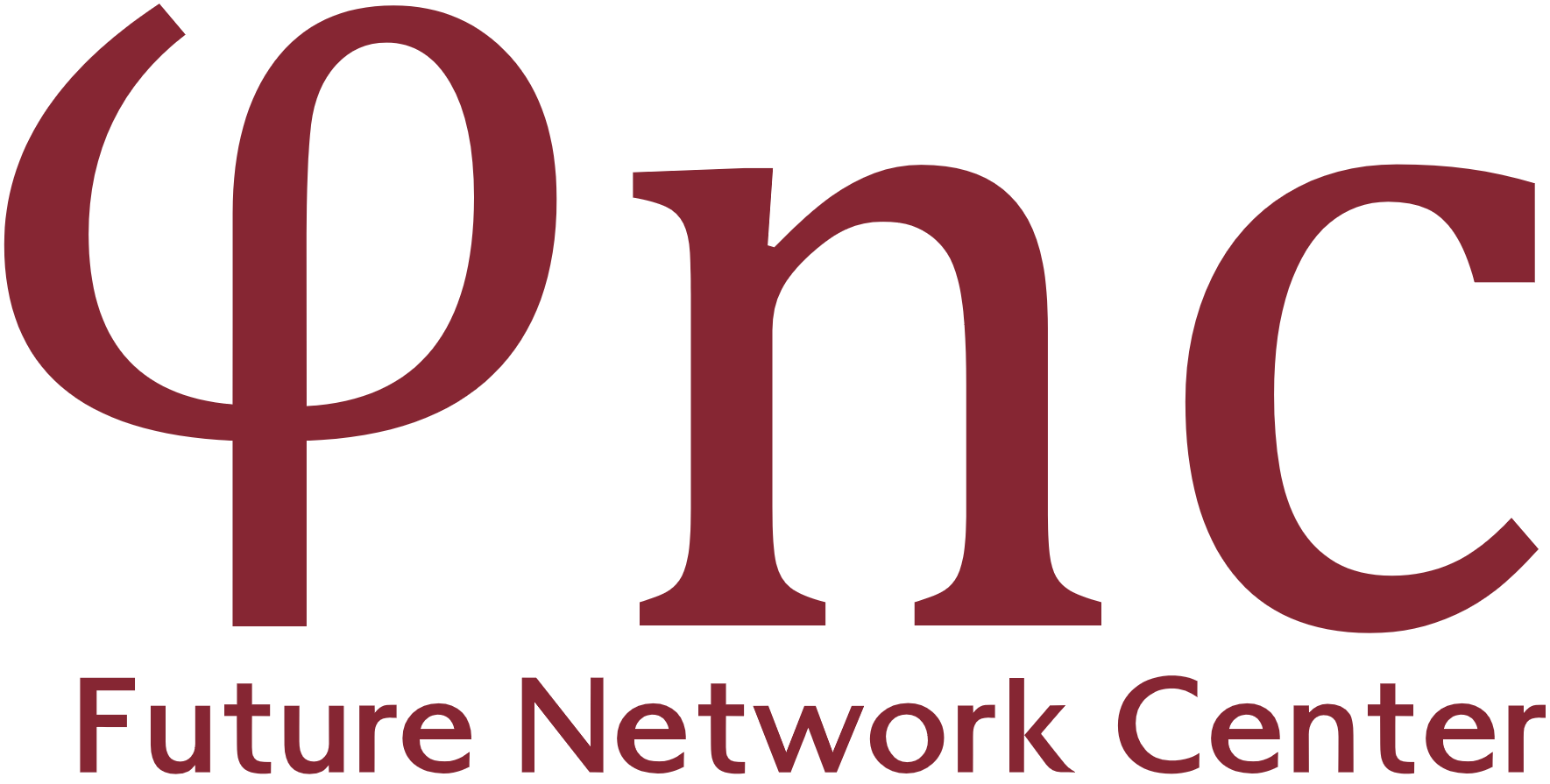[invited seminar] Dr. Kyungtae Kang (UIUC)'s talk (05/04/2010)
2011.05.16 23:18
Speaker: Dr. Kyungtae Kang
Title: An Interleaving Structure for Guaranteed QoS in Real-Time Broadcasting Systems
Date: May 4, 2010
Hosted by: FNC and WCU-FNOT
Abstract: Providing high-quality broadcast services for soft real-time applications over wireless networks such as CDMA2000, which have high bit error rates, requires the control of errors that occur during data transmission. Reed-Solomon (RS) forward error correction (FEC) in the medium access control (MAC) layer performs this role in 3G broadcast services. We propose new analytic models for predicting the performance of RS coding and its execution time, which take into account the memory property of a fading channel, different channel conditions, and a variable level of block interleaving. We identify RS decoding as a significant cause of variability in execution time, taking the form of jitter, which depends on the channel conditions. We analyze the size of buffer required to absorb the jitter under different channel conditions. We then formulate a trade-off between the performance of RS coding and the delay that it causes in transmitting a fixed amount of data with different levels of block interleaving. Finally, we show how to balance the quality with which content is presented against an acceptable buffering delay, which is very important to soft real-time applications, by using an adequate level of block interleaving. This study offers a guide for the provision of efficient broadcast services in real time with stochastically guaranteed quality.
Bio: 1995. 3~1999. 2: 서울대학교 전산과학과 ,
1999. 3~2001. 2: 서울대학교 전기컴퓨터공학부 석사
2001. 3~2007. 2: 서울대학교 전기컴퓨터공학부 박사
2007. 2~2007. 8: 서울대학교 BK21 해양기술인력양성사업단 박사후연구원
2007. 10~2008. 9: Postdoctoral Research Associate, Coordinated Science Laboratory, University of Illinois at Urbana-Champaign
2008. 10~2010. 8: Postdoctoral Research Associate, Department of Computer Science, University of Illinois at Urbana-Champaign
